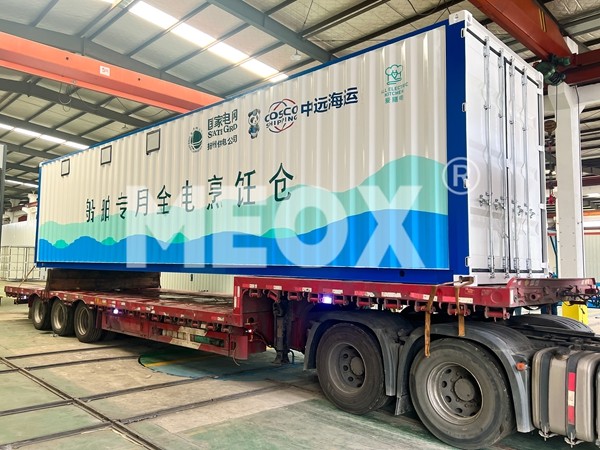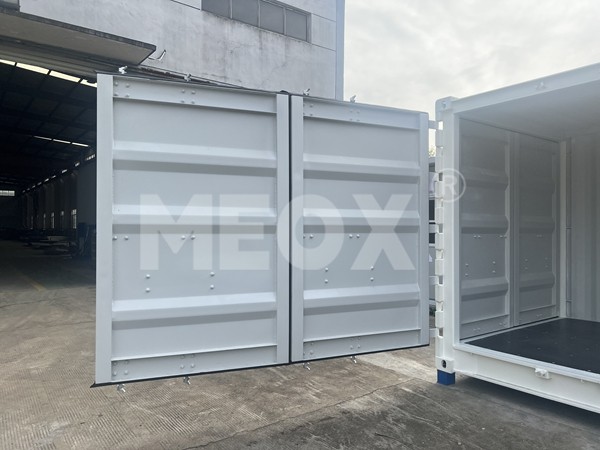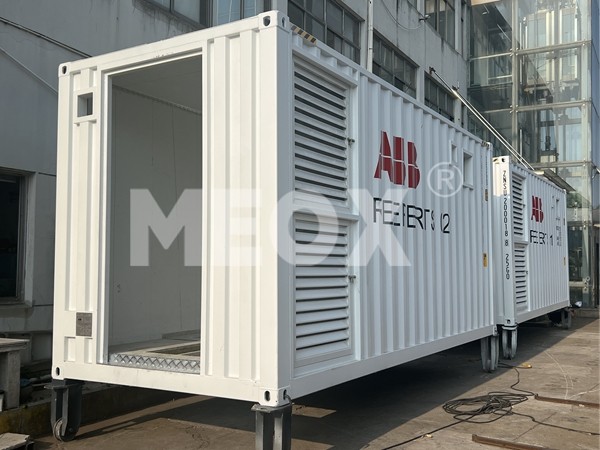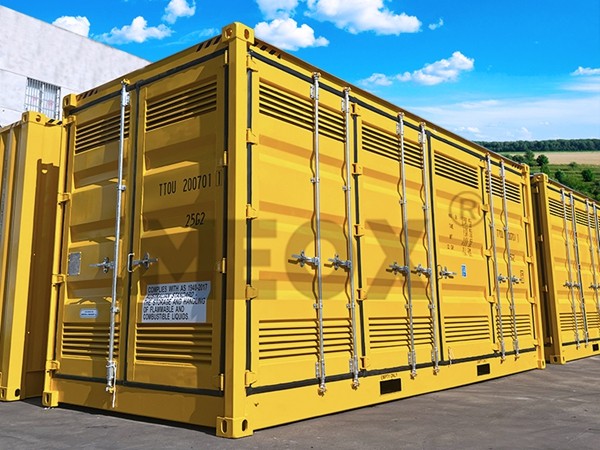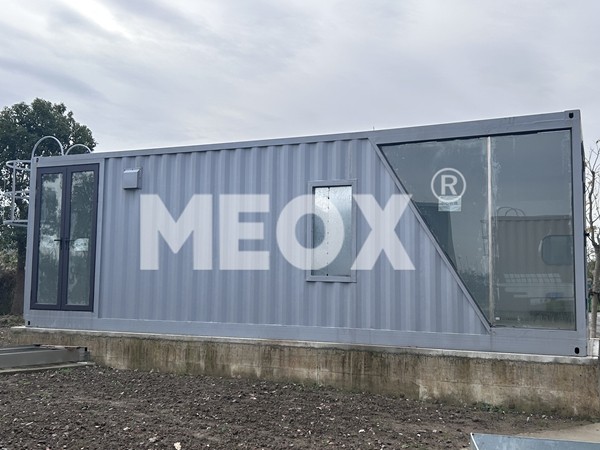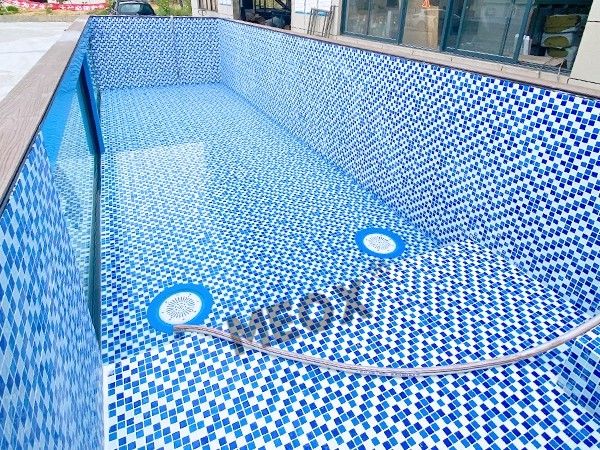Modified containers have become a pivotal innovation in both industrial and residential settings, offering a versatile solution that meets diverse needs. Their adaptability stems from the ability to customize these structures to fit numerous applications, such as portable offices, on-site laboratories, pop-up shops, and even eco-friendly homes. This article delves into the advantages of modified containers, their uses, and the factors to consider when employing them in various projects.
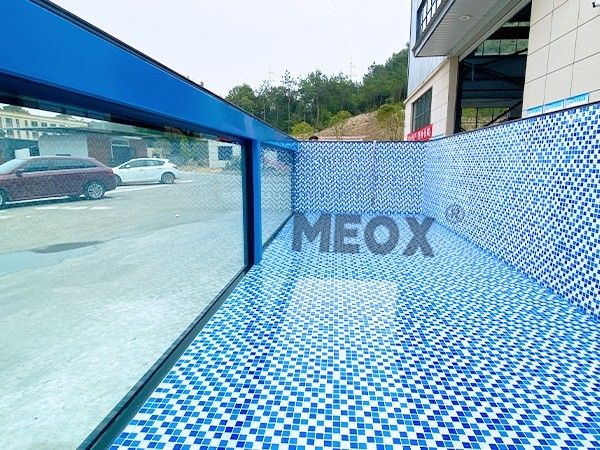
In the realm of industrial applications, modified containers are heralded for their durability and portability. Constructed primarily from steel, these robust units withstand harsh weather conditions, making them ideal for construction sites, remote oil fields, or disaster relief operations. For instance, a construction company in the harsh climates of northern Canada reported significant success using these containers as mobile break rooms and storage units, citing their ability to endure extreme temperatures without structural compromise.
Moving from industrial to residential, modified containers are breaking ground as an eco-conscious alternative in the housing market. Many architects and developers praise these containers for their sustainable nature, as repurposing existing containers significantly reduces the need for traditional building materials. A noteworthy example is the rise of container homes in urban areas like New York City, where innovative designs have transformed these units into chic, affordable housing options that retain excellent energy efficiency and innovative space optimization.
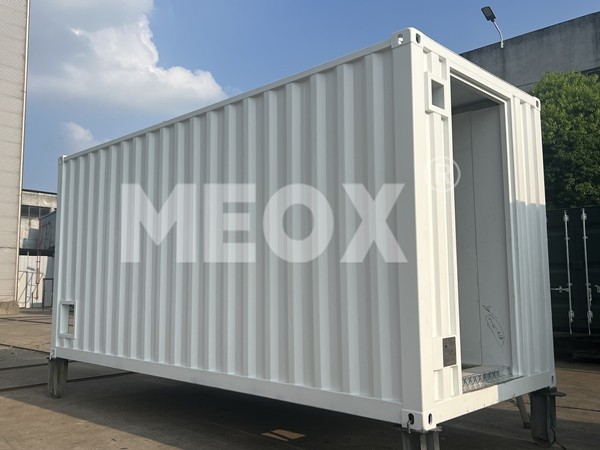
Furthermore, businesses are increasingly turning to modified containers to meet their spatial requirements without the financial overhead of traditional construction. The portability factor of these containers is particularly advantageous for entrepreneurs who require mobility. Pop-up restaurants and retail spaces benefit from the ability to relocate seamlessly, following market trends and customer bases with minimal downtime. A prominent coffee chain successfully utilized modified containers to test new markets in various locations worldwide, demonstrating the potential for business scalability with reduced initial investment risk.
When considering modified containers for any project, several factors underscore their efficacy. First and foremost, the customization potential is nearly limitless. Whether altering a container for increased ventilation, insulation, or integrated technological solutions, the modular nature of these structures provides ample opportunity for innovation. An expert container modification service provider can cater to specific project needs, ensuring that all regional building codes and safety standards are meticulously applied.modified containers
The expertise available within the modified container industry is another assurance of their value. Companies specializing in container modification often have a wealth of experience and certifications, providing peace of mind that investments are safeguarded. Engaging with industry leaders who have a track record of successful projects reinforces trustworthiness, ensuring the final product meets customer expectations both aesthetically and functionally.
However, not all that glitters is gold. It is crucial to consider the potential drawbacks. Clients must be aware of local zoning laws and building restrictions as these parameters can affect the feasibility of using modified containers for certain projects. Additionally, while the initial cost may be lower than traditional building methods, the price can escalate depending on the level of customization needed. A realistic budget assessment with a detailed plan can help mitigate unexpected expenditures.
Trustworthiness in the modified container suppliers plays a vital role in project success. Vetting suppliers through reviews, past project portfolios, and checking accreditation can save customers from potential pitfalls. Engaging a supplier who provides end-to-end solutions—from design and fabrication to delivery and installation—ensures a seamless experience and consistent quality control.
In conclusion, modified containers present an innovative, versatile, and sustainable solution for diverse spatial needs across industries. From dependable mobile workstations in industrial settings to eco-friendly living spaces, and dynamic business premises, their applications continue to expand. By considering factors such as customization capabilities, expertise, and regional regulations, stakeholders can capitalize on the myriad benefits these fascinating structures offer. With ongoing innovations in modular technology, the role of modified containers in future architectural and industrial design seems set to grow, reflecting a shift towards more adaptive and sustainable construction methodologies.

